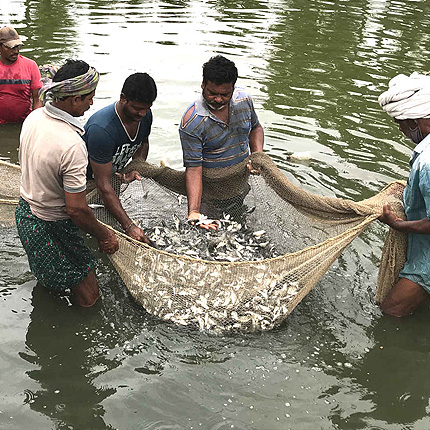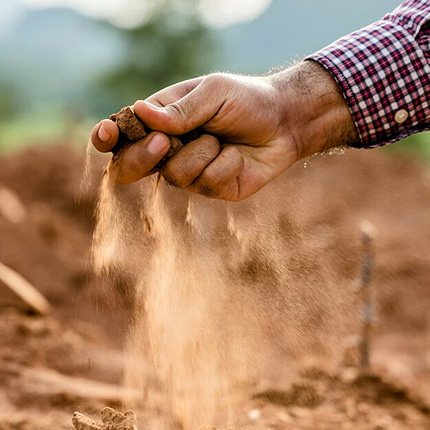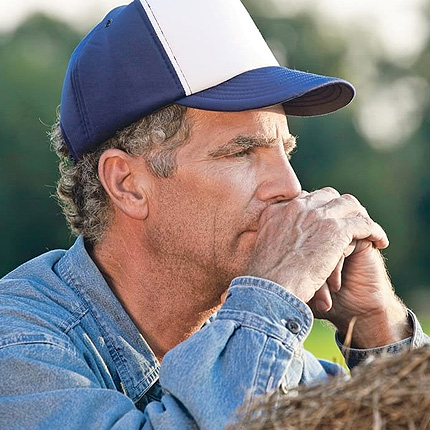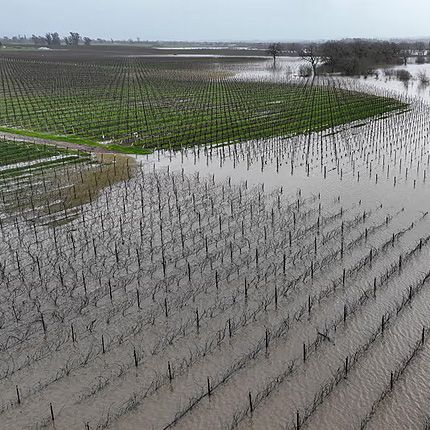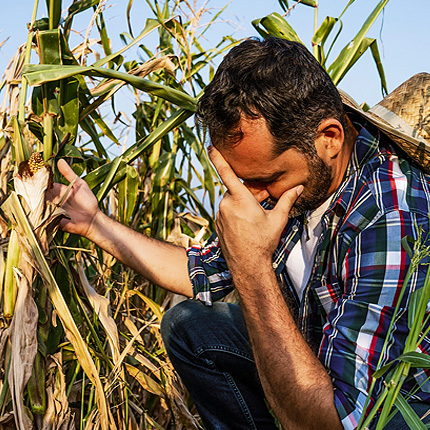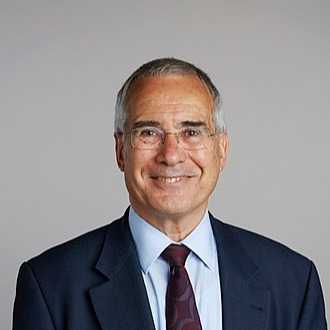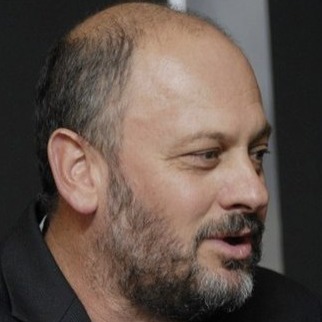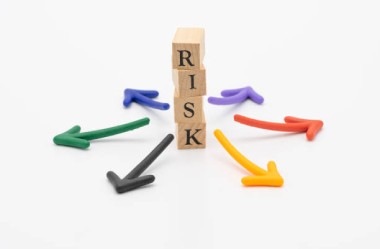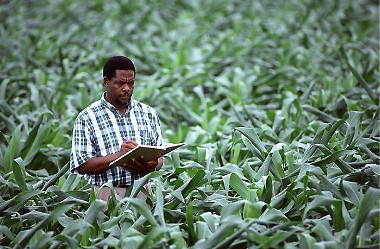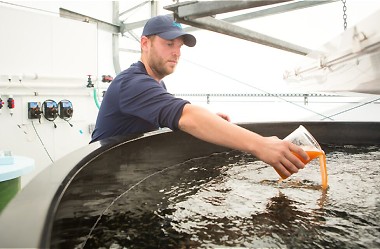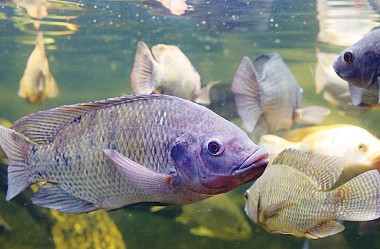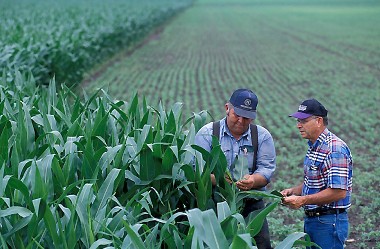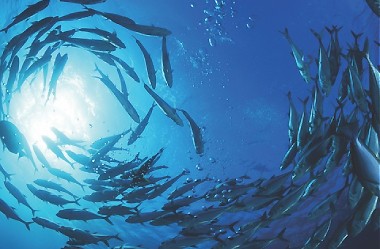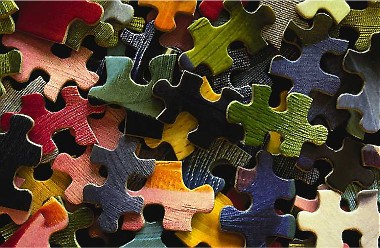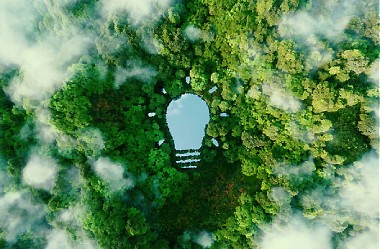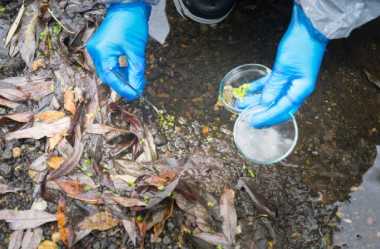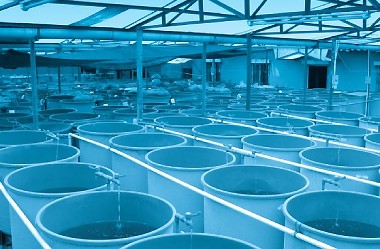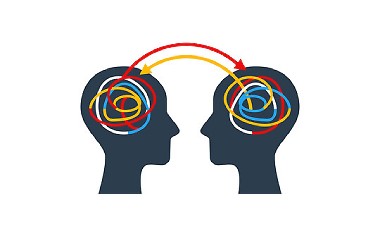Aquafarmers face significant hurdles in establishing and scaling their operations towards ecological practices due to a lack of technical resources, financing, and knowledge transfer support. The lack of successful models or clear guidance complicates the transition to organic aquaculture, amplifying the challenges aquafarmers encounter. This deficiency in established pathways and sustainable frameworks poses substantial barriers to adopting and expanding ecologically sound practices within the aquaculture industry.
Lack of Proven Models The absence of successful models or templates for organic aquaculture operations leaves aquafarmers adrift, struggling to envision a clear trajectory toward ecological production. Without exemplar practices to emulate, aquafarmers encounter ambiguity and uncertainty when endeavoring to transition from conventional to organic aquaculture methods. The scarcity of proven pathways impedes operational progress and hinders informed decision-making in adopting sustainable aquaculture practices.
Guidance Deficiency The deficiency in clear guidance and mentorship compounds aquafarmers' challenges in embracing ecological production methods. The absence of experienced mentors or resourceful advisors deprives aquafarmers of critical insights, best practices, and practical knowledge needed to navigate the complexities of organic aquaculture. Aquafarmers encounter obstacles in implementing sustainable practices without reliable guidance and are left grappling with uncertainties surrounding ecological aquaculture expansion.
Impacted Technological Adoption Limited access to advanced technologies and technical resources further obstructs aquafarmers' efforts to transition to organic aquaculture. The inability to leverage innovative solutions, modern tools, and technological advancements hampers the efficiency and productivity of aquafarming operations. The absence of tech support and resources exacerbates aquafarmers' challenges, hindering their ability to optimize ecological practices and enhance sustainability within the aquaculture sector.
Knowledge Transfer Bottlenecks The bottleneck in knowledge transfer mechanisms constrains aquafarmers' capacity to acquire essential skills, insights, and information vital for successful organic aquaculture operations. The lack of structured knowledge dissemination channels, training programs, and educational resources limits aquafarmers' ability to enhance their understanding of sustainable aquaculture practices. This knowledge deficit impedes the adoption of ecologically sound methods and inhibits the efficient scaling of operations toward organic aquaculture standards.
Financial Constraints Financial limitations present a significant challenge for aquafarmers seeking to transition to organic aquaculture methods. Insufficient funding, access to capital, and investment resources hinder the implementation of sustainable practices and impede the scaling of operations towards ecological production. The financial constraints aquafarmers face underscore the critical need for sustainable funding mechanisms and economic support to facilitate the shift towards organic aquaculture within the aquafarming industry.
Lack of Organic Aquaculture: A Global Challenge
Establishing and Scaling Organic Aquaculture: The global absence of organic aquaculture is primarily due to significant challenges in setting up and expanding these practices. Organic aquaculture necessitates a deep commitment to sustainable methods, requiring meticulous adherence to stringent organic standards. Transitioning from conventional to organic aquaculture involves complex operational adjustments, demanding substantial investments of time, resources, and expertise. This challenge is further exacerbated in regions with inadequate support and infrastructure for organic farming.
Global Shortages Impact: The scarcity of organic aquaculture options highlights a worldwide deficit in environmentally conscious and ethically produced seafood. This shortage is pervasive across countries and continents, indicating the widespread hurdles in adopting sustainable aquaculture practices. Even in countries with advanced agricultural systems like the US, the limited availability of organic aquaculture options underscores the complexities of organic production methods and the barriers farmers face entering this sector.
Environmental and Ethical Implications: The lack of organic aquaculture alternatives signifies a missed opportunity to promote environmentally friendly and ethically produced seafood. Organic aquaculture is dedicated to sustainable farming practices, emphasizing ecosystem health, biodiversity preservation, and ethical food production. The scarcity of these options restricts consumer access to seafood that aligns with values of environmental responsibility and ethical sourcing, narrowing choices for individuals seeking sustainability and ethical considerations in their food.
Raising Awareness and Spurring Change: By shedding light on the challenges of establishing organic aquaculture, we underscore the urgent need for sustainable seafood production practices. Increasing awareness about the deficiencies in organic aquaculture and their repercussions can drive initiatives to surmount obstacles, advocate for sustainable methods, and broaden the availability of environmentally responsible seafood choices. Collaborative efforts, innovation, and support for organic aquaculture endeavors are pivotal in instigating positive transformations and propelling a more sustainable and ethically driven seafood industry globally.
The Intersection of Buyers and Consumers
The challenge arises at the convergence of demand and supply dynamics within the aquaculture industry, particularly concerning sustainable and organic seafood products. The paradox lies in the interdependent relationship between buyers (retailers) and consumers: if one does not showcase sustainable products, consumers remain unaware of their existence, creating a demand-supply disconnect. This paradoxical situation impacts ecosystems, natural carbon sinks, global warming, climate change, and the planet.
When Consumers Don't See What They Don't Know
Consumers require visibility to make informed choices about organic seafood options.
Retailers play a critical role in stocking and promoting ecologically sustainable aquaculture products.
Lack of product visibility leads to consumer unawareness and reduced demand for organic products.
Market Demand vs. Availability
National producers face challenges competing with the volume and pricing of imported products.
Retailers prioritize availability and affordability over quality and sustainability.
Insufficient domestic supply inhibits retailers from offering sustainable seafood options.
Sustainability vs. Market Pressures
The insufficiency of organic aquaculture offerings limits ecologically sustainable consumption choices for consumers.
Retailers face pressures to maintain product availability and uphold sales metrics.
Market demands often prioritize convenience and competitive pricing over sustainability.
Balancing Supply and Demand
Insufficient organic aquaculture production contrasts with rising consumer preferences for ecological products.
Inadequate awareness and visibility of sustainable options hamper demand.
Limited supply capacity creates imbalances for buyers and producers, hindering market equilibrium.
Promoting Sustainable Practices
The entrenched dichotomy between demand perception (or lack thereof) and actual interest in sustainable products.
A critical need exists to bridge the gap between consumer demands for healthier, ecological marine products and the industry's supply capabilities.
Ecological sustainability should be at the core of aquaculture practices to mitigate environmental impacts and address evolving consumer preferences.


